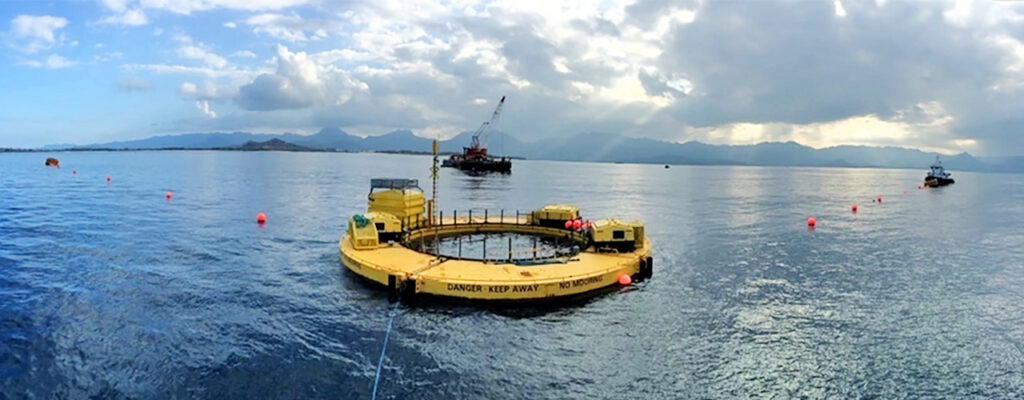Menu
Close

Marine Corps Base Hawaii
Marine Corps Base Hawaii (MCBH) faces unique energy and utility infrastructure challenges due to its coastal location on the windward side of Oahu, HI, diverse operational footprint, and the highest average electricity prices in the United States. MCBH electricity costs exceed $22 million annually and there are growing performance demands on mission-critical facilities. MCBH required a comprehensive, resilience-focused strategy to ensure operational readiness and reduce utility spending.
Lindahl Reed provides on-site energy engineers and specialists to MCBH, delivering mission-aligned energy and water management across facilities, systems, and programs. We work directly with the Energy and Utilities Branch to initiate strategic energy projects that enhance readiness and resilience while reducing operating cost. identifies project opportunities, analyzes optimal implementation approaches, and develops programming documents including DD1391, Building Life Cycle Cost (BLCC) analyses, and government cost estimates. Our work includes:
MCBH operates in Hawaii where energy costs, grid vulnerabilities, and environmental factors pose serious mission challenges. Lindahl Reed enhances energy resilience by optimizing existing infrastructure, laying the groundwork for long-term investments through ESPC and UESC pathways, and identifying high-impact efficiency opportunities. This work reinforces the Marine Corps’ readiness posture while supporting DoD-wide goals for resilient, sustainable installations.
[Lindahl Reed’s REM] has been providing exceptional help. He has and continues to demonstrate strong problem-solving skills. He has significantly streamlined our utility management process. He continues to track the utility usage across the base, generate the consumption and utility reports. In addition to this task, he supports the oversight for the PV systems and acts as the POC when maintenance and inspection work is being conducted. I believe that his performance is truly deserving of recognition. His work ethic, problem-solving abilities, and collaborative spirit make him an invaluable member of our team. Thank you for all the support!